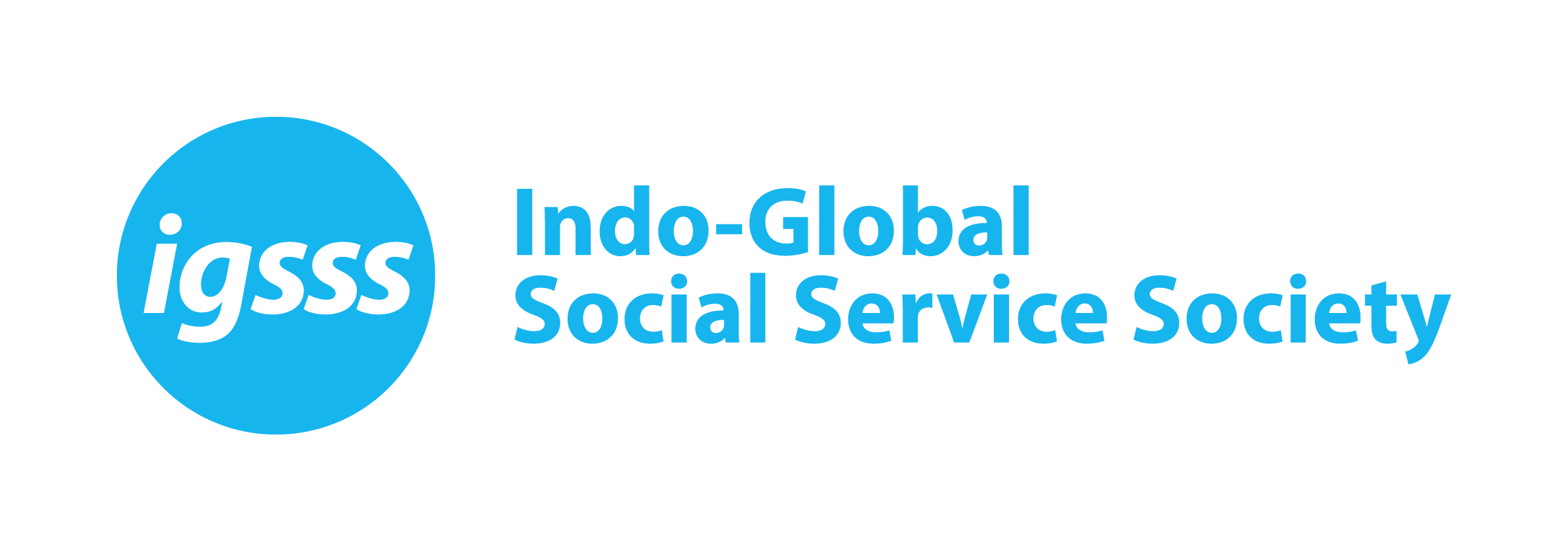
Topics and Regions
Land as a discipline in academics and in policy and development discourses, has remained comparatively under-developed. Land administration continues to be isolated and sectorally divided, over-bureaucratized and often-politicized. Contrary to the need, land governance portrays legal complexity and institutional inadequacy and exclusiveness. Contested landscapes of land governance in India calls for partnerships and innovations to make development more inclusive and prosperity shared. Participation of land-actors and users, especially communities, civil society and private sector are critical, to make land governance equitable and sustainable. Centre for Land Governance attempts to bridge information gaps, create evidence and build platforms for connection and conversations among land-stakeholders, through knowledge engagements around action and policy research, evidence-based advocacy, communication and capacity building
Details
Location
Contributions
Displaying 191 - 200 of 251World Day to Combat Desertification - 2017
Since 1995, June 17th has been observed as the "World Day to Combat Desertification - 2017" The main objective of commemorating WDCD has been to promote public awareness about international efforts to combat desertification and the effects of drought collectively.
This report provides commemoration of WDCD 2017 across india on awraness, workshops, nature camps, schemes and events launched.
This report highlights the activities pertaining to issues related to desertification, land degradation and drought,
Ministry of Environment, Forest and Climate Change (MoEFCC), Government of India
The Ministry of Environment, Forest and Climate Change (MoEFCC) is the nodal agency in the administrative structure of the Central Government for the planning, promotion, co-ordination and overseeing the implementation of India's environmental and forestry policies and programmes.
Forest governance and implementation of REDD+ in India
This report indicates that the Forest governance is identified as critical to the success of REDD+.
Implementation of robust REDD+ strategy is possible through Community Based Forest Governance.
Report talks on Reducing Emissions from Deforestation and Degradation (REDD+) which is a global mechanism that aims at sustainable forest management (SFM) through protecting forests and enhancing carbon sequestration.
Report briefly describes The Scheduled Tribes and Other Traditional Forest Dwellers (Recognition of Forest Rights) Act, 2006
Report to The People On Environment And Forests 2010-11
The 'Annual Report to the People on Environment and Forests' by The Ministry of Environment and Forests (MoEF), Government of India tries to make the citizens of India aware of country's State of Environment and generate greater environmental consciousness amongst them.
Environmental Annual Report 2016-17
This Environmental Annual report 2016-17 is prepared by The Ministry of Environment, Forest and Climate Change (MoEFCC), Government of India.
This Report contains activities and achievements of planning, promotion, co-ordination and overseeing the implementation of India's environmental and forestry policies and programmes in yearly basis.
The areas that this report deals are as follows:
· Natural Resources- Surveys and explorations by different departments under the ministry
· Environmental Impact Assessments
Why Farmers Quit?
This study on farmers’ suicides is done by Indo-Global Social Service Society (IGSSS) through its local partner the Baitarani Initiative. This study was attempted to understand if farmers’ suicides were just a desperate reaction to events like droughts and crop loss or there were more fundamental roots.
India Land & Development Conference 2017-Proceedings
This report was prepared by Centre for Land Governance, NRMC, the Secretariat of India Land & Development Conference 2017. This report provides an overview of the proceedings of India Land & Development Conference, organized at India International Centre, New Delhi, India on April 5-6th 2017.
This report consists sharing of experiences, knowledge and practices over eight thematic sessions, two panel discussions and a special session.
Eight Sessions in the Conference are as follows:
Indo-Global Social Service Society
Indo-Global Social Service Society (IGSSS) is a non-profit organisation working with the mandate for a humane social order based on truth, justice, freedom and equity. Established in 1960, IGSSS works for development, capacity building and enlightenment of the vulnerable communities across the country for their effective participation in development.
The Compensatory Afforestation Fund Act, 2016
An Act to deal with establishment of funds under the public accounts of India and of each State, credit the monies received from the user agencies towards compensatory afforestation, additional compensatory afforestation, penal compensatory afforestation, net present value and all other amounts recovered from such agencies under the Forest (Conservation) Act, 1980.
NeBIO-International Journal of Environment & Biodiversity
NeBIO- an International journal of Environment and Biodiversity, a peer review quarterly official journal of North East Centre for Environmental Education and Research (NECEER), Imphal, Manipur. NECEER is a non-profit public interest research and educational organisation was established on 9th December, 2007 with an aim to educate and create awareness about the changing environment and conservation of biodiversity in North-eastern states of India through non formal education by organising training programme, workshops, campaigns, seminars, etc.




